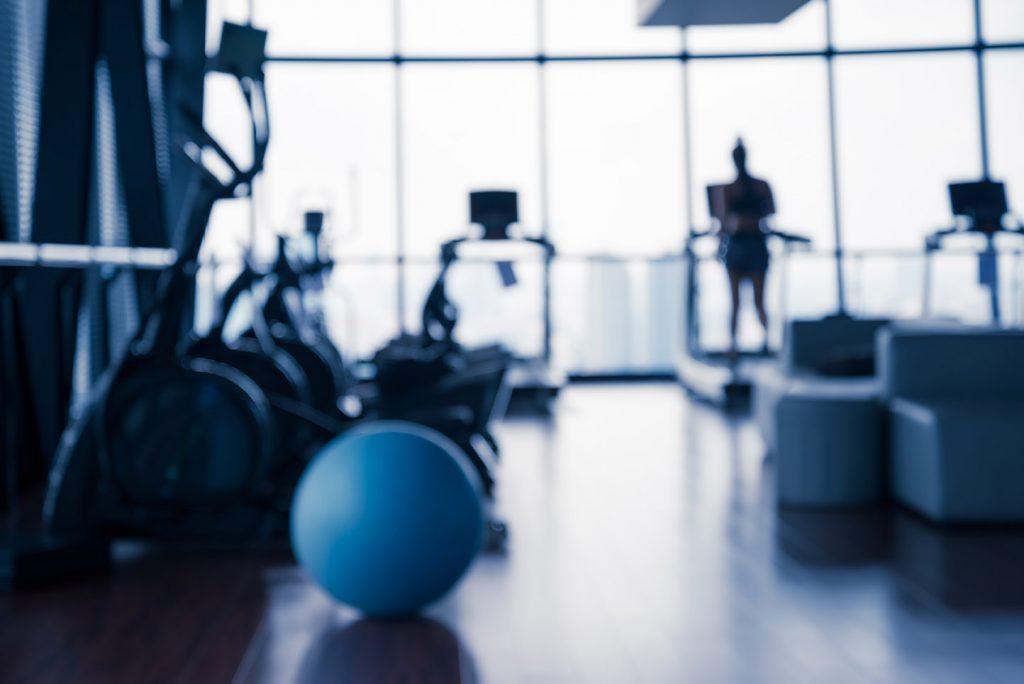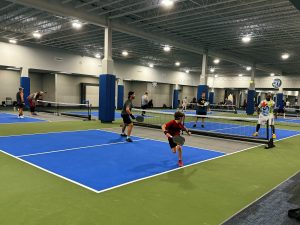Recreation Center Best Practices for Hygiene
From a sports facilities management perspective, one of the biggest risks you face is an illness, or worse yet, an outbreak of a disease within your sports complex. To avoid this, great care must be taken to keep your recreation center clean and free of contaminants, bacteria, and infection-prone conditions.
How to keep your Recreation Center Safe
There is no 100% guarantee to avoiding hygiene related problems. However, by implementing a preventative maintenance plan you can reduce the chances of any health issues stemming from your sports complex. Below, we’ll list some common concerns and how to address them.
One common health concern in public places is contraction of the MRSA staph infection. While it is not common, it is more likely to occur in situations where people are using the same equipment, such as a indoor sports facility or recreation center. Facility management would be wise to diligently follow Health Department guidelines.
There are no federal “health code” guidelines for sports complexes unless the facility has a pool, sauna, hot tub or a cafe that prepares food. In these cases, there are separate and specific guidelines that need to be followed. However, there is a recommended list published by the International Health, Racquet & Sportsclub Association. It is a generic set of guidelines that includes daily vacuuming, dusting, scrubbing, and disinfecting in your recreation center.
Flu season is a particularly challenging time for facilities management. Flu and cold viruses can survive on surfaces and gym equipment for up to several hours, making contamination very easy. If your operation has staff that can wipe down all surfaces and equipment several times a day, that is great. If not, provide easy access to antibacterial wipes so that members can help protect themselves by wiping down equipment before and after use. Members can also be reminded to avoid touching their eyes, nose, and mouth while they are working out. A friendly sign reminding members to stay home if they are sick is also a good plan.
Facilities management should be monitoring air quality as well. Again, there are no regulatory standards for your typical recreation center or sports complex. However, it is well documented that high levels of dust, formaldehyde and carbon dioxide reside in these environments and can contribute to respiratory problems.
Following these guidelines will help ensure a safe environment for your guests and keep a major headache for sports facilities management from happening in your recreation center.
Get Help from Sports Facilities Management
With a track record of helping sports facilities function at their most optimal, Sports Facilities Management offers thorough and hygienic practices to maintain your recreation center. For questions about our services, give us a call and let us know how we can set your venue up for victory.






